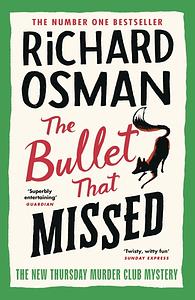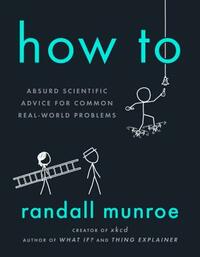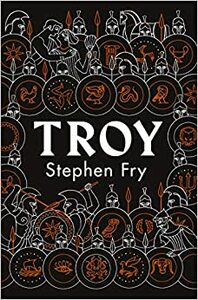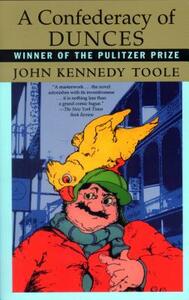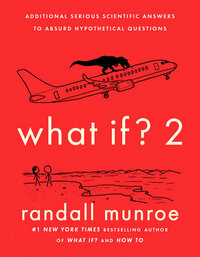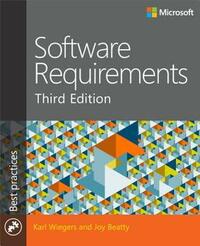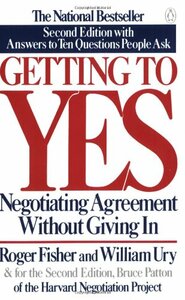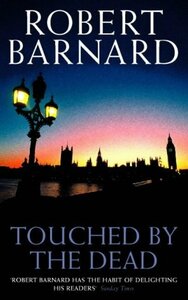Take a photo of a barcode or cover
books_are_nice_and_enjoyable's Reviews (257)
funny
lighthearted
relaxing
funny
lighthearted
slow-paced
I decided to give the book a rest after having read the first 270 pages or so. It's not as good as the first two of Fry's books on these topics, in my opinion, but that may partly be due to the raw material with which he had to work; I also never finished the Iliad because I found it frankly boring and unengaging.
After having given the book 'a rest' I did decided to 'get back to it'. While I was reading the rest of the book I actually found it to be quite enjoyable. Reading the book was a mixed experience for me, but this is not a bad book.
After having given the book 'a rest' I did decided to 'get back to it'. While I was reading the rest of the book I actually found it to be quite enjoyable. Reading the book was a mixed experience for me, but this is not a bad book.
The book is occasionally funny, which is what keeps you reading if you do decide to keep reading, but it is also somewhat boring and repetitive. I had to take a break from the book half-way through because I was simply bored and found the book unengaging at that point. The book was and is severely lacking in even remotely sympathetic characters, and I found the environment in which it takes place frankly awful and depressing. According to wikipedia, "Many locals and writers think that it is the best and most accurate depiction of the city [of New Orleans] in a work of fiction" - this may be true, but if so then I am very happy I don't live there.
funny
This book is very funny. A thoroughly enjoyable read.
informative
slow-paced
This is a huuge book. The book is definitely a classic, in the Mark Twain sense of the word ('...something that everybody wants to have read and nobody wants to read'). A lot of good stuff in here, it's the kind of book you'd wish many of your colleagues had read, but none of them probably have. Throughout the time I've been reading this book I have tried sharing some of the ideas and concepts with my colleagues, because there are just a lot of good ideas in there that they might also benefit from knowing about. I would be surprised if other people reading this book did not feel the same way, it's just that kind of book.
I don't agree with the authors about their assessments of the value of all mechanisms and tools covered, even though they are in general quite flexible ('..consider doing this if it makes sense in the context in which you operate, don't do it if it doesn't..'), but even the coverage in the areas where I disagree the most are far from sufficiently problematic to justify giving this book anything but a 5 star rating.
I don't agree with the authors about their assessments of the value of all mechanisms and tools covered, even though they are in general quite flexible ('..consider doing this if it makes sense in the context in which you operate, don't do it if it doesn't..'), but even the coverage in the areas where I disagree the most are far from sufficiently problematic to justify giving this book anything but a 5 star rating.
"There is probably nothing in this book that you did not already know at some level of your experience. What we have tried to do is to organize common sense and common experience in a way that provides a usable framework for thinking and acting."
I'm skeptical about a few of the proposed behavioral strategies included in the book because I'm not seeing a lot of empirical support for them being superior to the alternatives (you have to take their word for it). One of the alternatives the authors seem to implicitly not like and to some extent argue against employing, tit-for-tat, actually has a very fine track-record in the game theory literature, also in repeated games settings. It seems that a few of the proposed strategies are for this reason potentially exploitable to some extent, which I'm sure was not what the authors wanted.
But most of this stuff is as mentioned by the authors themselves above really just common sense, presented in a manner that is useful and actionable. A decent book.
I'm skeptical about a few of the proposed behavioral strategies included in the book because I'm not seeing a lot of empirical support for them being superior to the alternatives (you have to take their word for it). One of the alternatives the authors seem to implicitly not like and to some extent argue against employing, tit-for-tat, actually has a very fine track-record in the game theory literature, also in repeated games settings. It seems that a few of the proposed strategies are for this reason potentially exploitable to some extent, which I'm sure was not what the authors wanted.
But most of this stuff is as mentioned by the authors themselves above really just common sense, presented in a manner that is useful and actionable. A decent book.
dark
informative
inspiring
reflective

